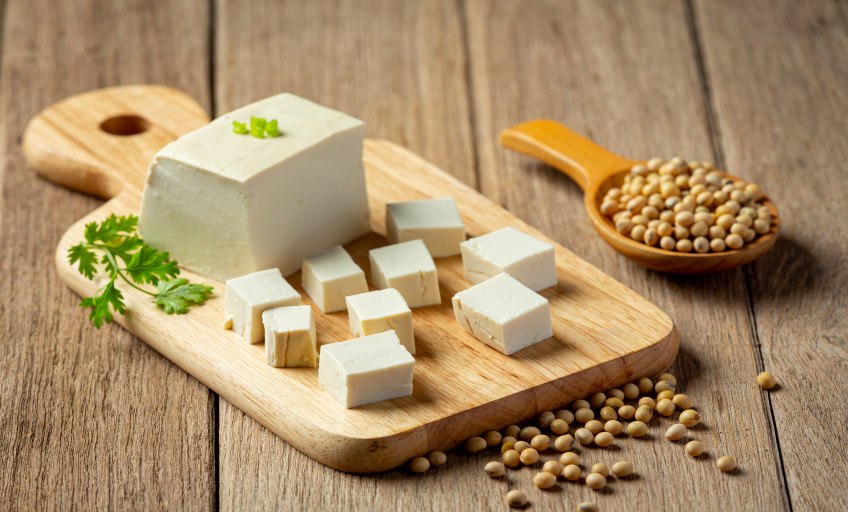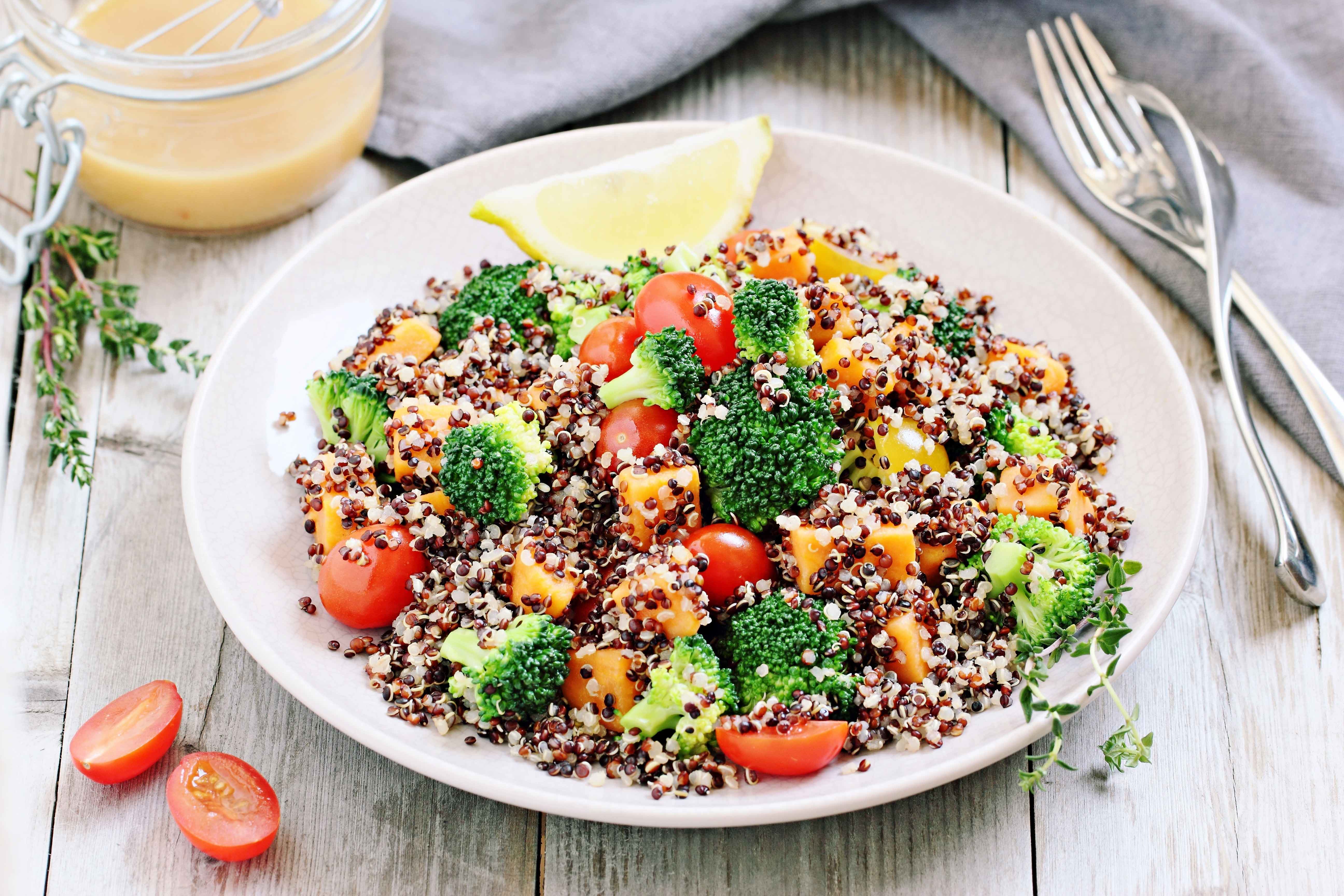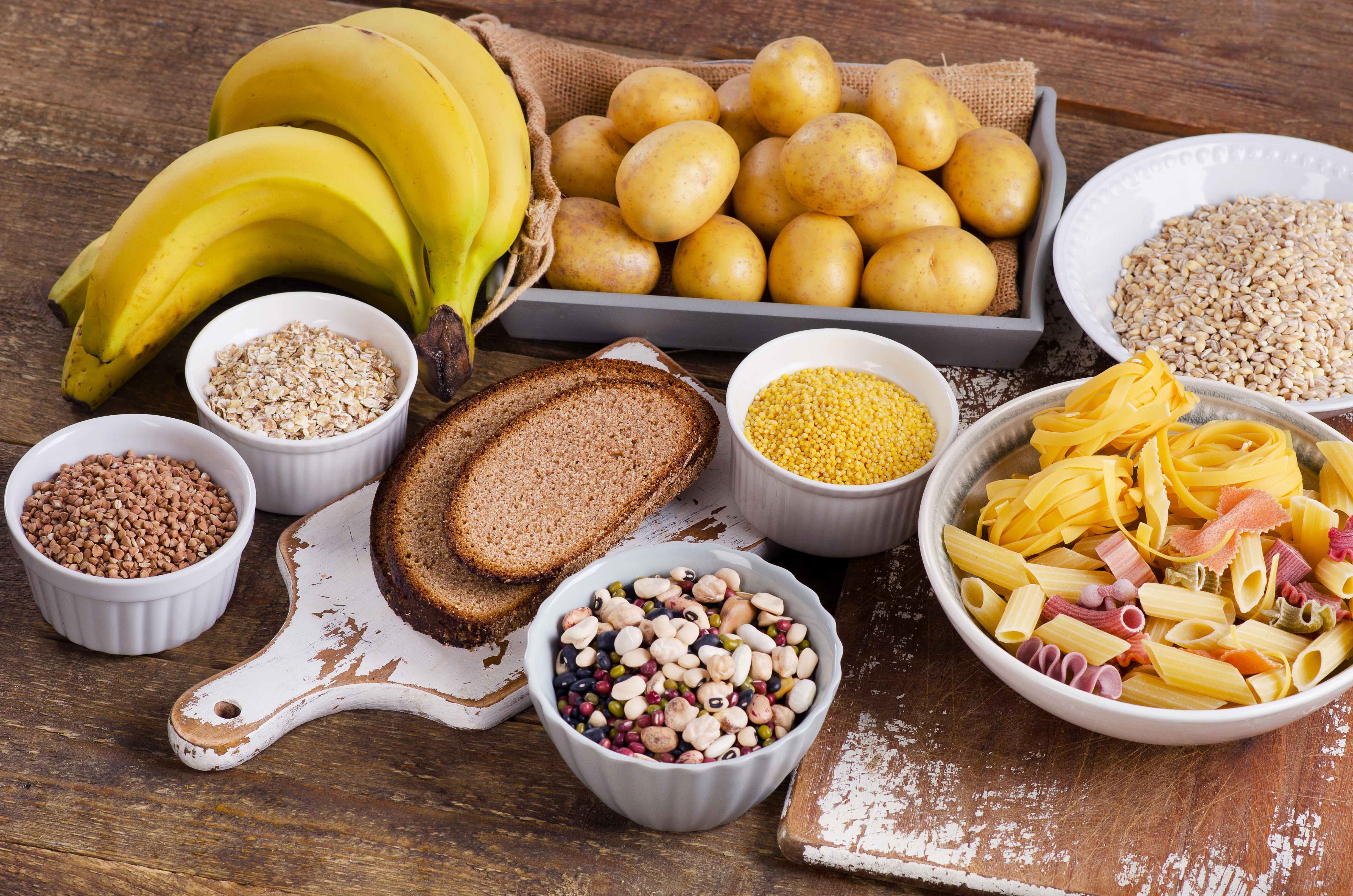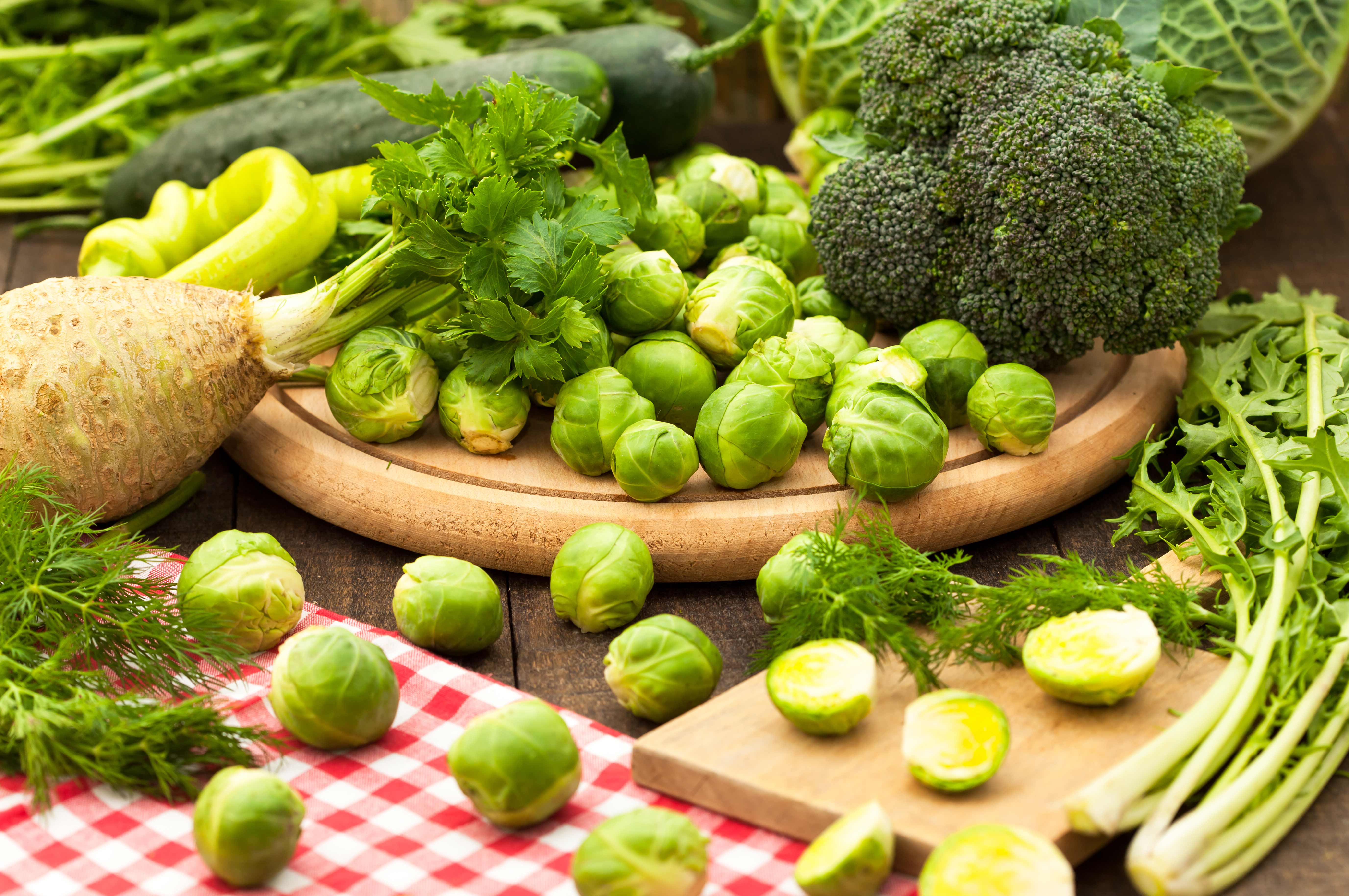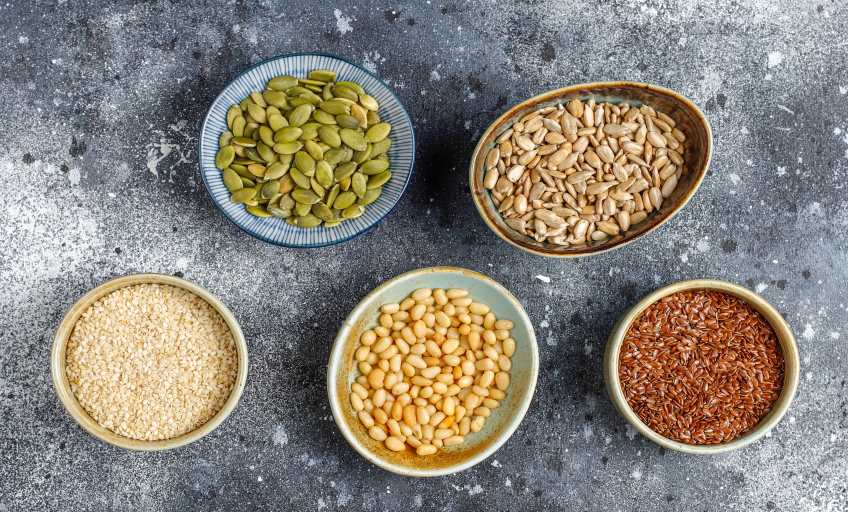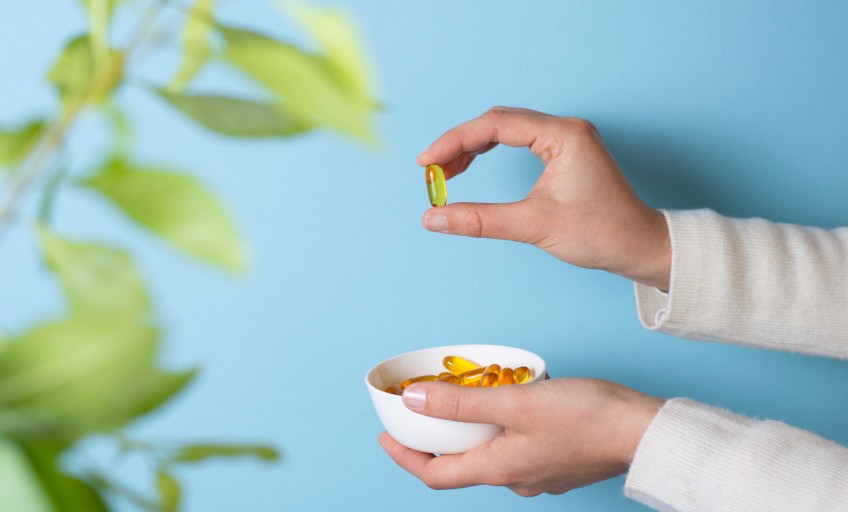Analogue paneer is a synthetic substitute for traditional paneer that has sparked controversy in India regarding food safety and consumer rights. It is made from vegetable oils, starch, and milk solids, closely resembling real paneer but lacking its nutritional benefits.
What is analogue paneer?
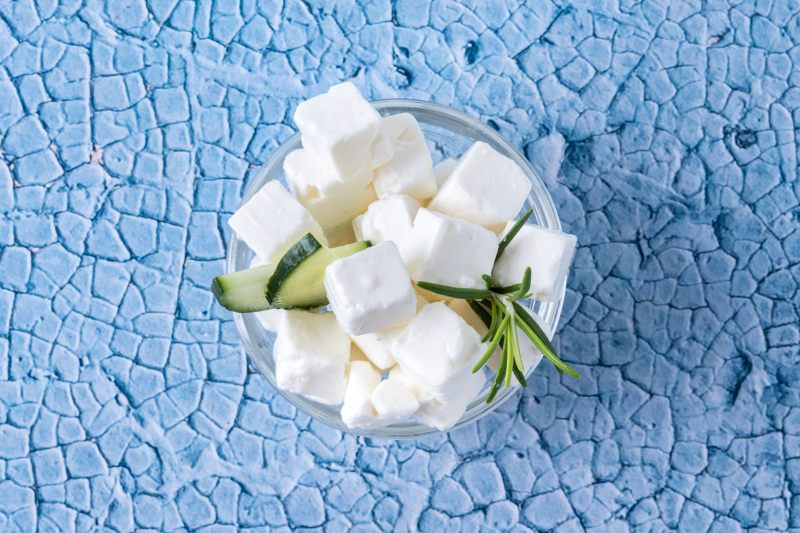
Analogue paneer is a product where non-milk constituents replace milk components, either partially or wholly, to mimic traditional dairy products. This substitute raises concerns because analogue paneer often contain unhealthy trans fats and has lower protein levels compared to authentic paneer made from fresh milk.
Why is analogue paneer used?
Restaurants often opt for analogue paneer as a cost-saving strategy because it is much cheaper than real paneer. For example, analogue paneer can cost around ₹210 per kilogram, while real paneer typically costs around ₹450 per kilogram. This substitution can increase profit margins, especially when not disclosed to consumers.
Health risks
Health professionals have raised concerns about consuming analogue paneer. Real paneer is rich in protein and calcium, but analogue paneer typically contains harmful fats that can lead to cardiovascular issues. Regular consumption of trans fats is linked to health problems like insulin resistance, heart disease, and digestive issues such as bloating and nausea.
How to identify analogue paneer?
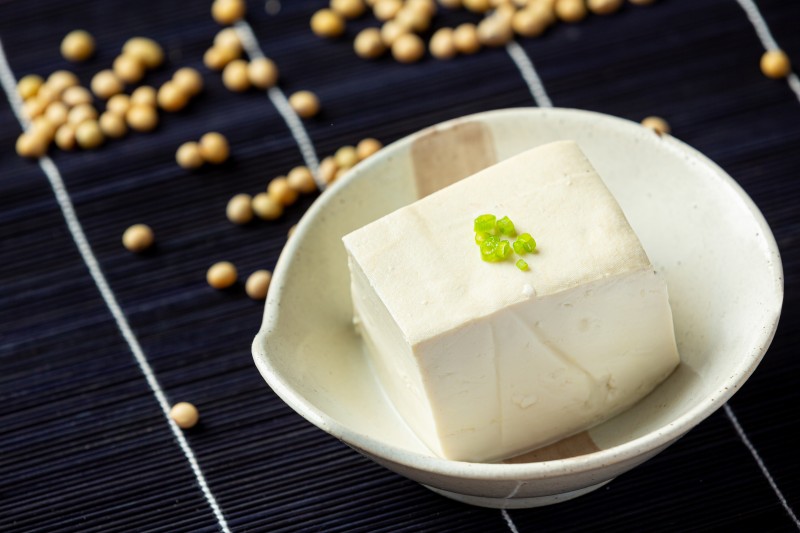
Here are several ways to distinguish between real and analogue paneer:
- Check the ingredients: Authentic paneer should only list milk and an acid (like vinegar) as ingredients. Analogue paneer will often include vegetable oils and starches.
- Taste and texture: Natural paneer has a firm texture and a fresh, milky aroma, whereas analogue paneer tends to be chewy or rubbery with a sour taste.
- Heat test: Real paneer will develop a brown char and maintain its structure when heated. Fake paneer tends to crumble easily and melt quickly.
- Iodine test: Boil the paneer and add a few drops of iodine tincture. If the paneer turns blue, it is artificial.
- Tur dal water test: Boil the paneer, let the water cool, and add tur dal. If the water turns light red after 10 minutes, it may be contaminated.
- Price: Be cautious if the price seems too good to be true, as analogue paneer is often sold at significantly lower prices than real paneer.
Consumer awareness and regulatory context
Consumers have reported feeling misled after discovering they consumed non-authentic paneer, which led to digestive discomfort. While selling analogue products is legal, authorities require clear labeling to protect consumers from being misled about the products they consume. The FSSAI mandates that analogue products must be clearly labeled; however, enforcement can vary. Recent actions against misleading labeling practises highlight ongoing efforts to ensure food safety and protect consumer rights.
For the reasons mentioned above, you must exercise caution when buying paneer from the grocery store. Stay informed and stay healthy.
Key Takeaways
- Analogue paneer is made from partial or whole non-milk constituents.
- It is used to increase sellers’ profit margins.
- It contains harmful fats that may result in cardiovascular problems.
- To identify analogue paneer, check its ingredients, taste, texture, and price.
Stay tuned to the Activ Living Community. Keep up to date with the latest health tips and trends through expert videos, podcasts, articles, and much more on nutrition, fitness, mindfulness, and lifestyle conditions like Asthma, Blood Pressure, Cholesterol, and Diabetes. Activ Living ke saath sahi sehat ki shuruat ABHI karo.
You may also be interested in the following blogs:
Popular Searches
How to lower blood pressure | Fruits good for liver | Unhealthy foods | Ragi Benefits | Basal Metabolic Rate | Acupressure points for High Blood Pressure | Ayurvedic medicine for blood pressure | How to control cholesterol at home | Homeopathy for Asthma | Biological Age | Home remedies for TB | Natural beta blockers | Negative effects of internet | Types of walking | Blood pressure calculator | Blood sugar calculator | BMI Calculator





 1800-270-7000
1800-270-7000

